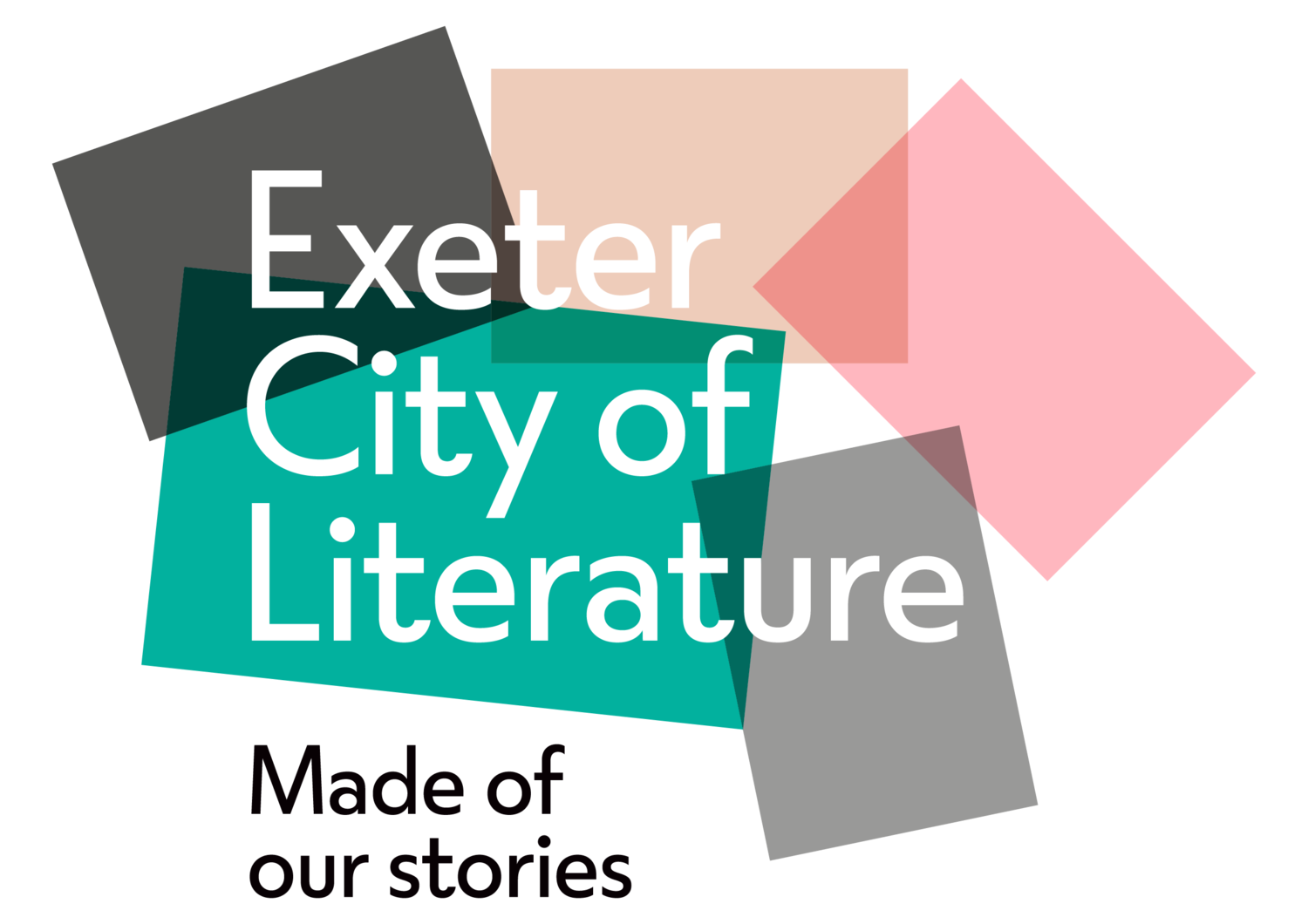Arvon - Totleigh Barton
Totleigh Barton, the first ever centre opened by the creative writing charity Arvon, is a 16th-century manor house in one of the most peaceful and idyllic parts of Devon. It has been running courses for adults, schools & groups for almost 50 years!
Totleigh Barton is a thatched manor house with 14 single rooms and shared bathrooms. There is a wheelchair-accessible bedroom with en-suite bathroom. There is a cozy kitchen, a historic dining room with a wood burner, a comfortable lounge and spaces to relax and write throughout the house. The recently renovated barn offers a comfortable space for evening readings. Since our access to mobile signal and wifi is limited at Totleigh Barton, we invite you to think of a retreat to this beautiful old house as a full ‘digital detox’ – a chance to make real progress with your writing with no distractions. Totleigh Barton lies two miles from the village of Sheepwash, with walks along the River Torridge nearby. There is a beautiful and productive garden and quiet spaces on-site for writing, including a pod in the garden often used for one-to-one tutorials. There’s an orchard on-site where we grow plentiful crops of fruit.
About Arvon
For over fifty years Arvon has been the UK’s home of creative writing. We have three centres, in Devon, Shropshire and Yorkshire. Our residential courses and retreats, led by highly acclaimed writers, span poetry to playwriting, song to screenplay, fact to fiction, starting to finishing – and we offer grants to help with course fees for those who need it. Generations of writers have been inspired by their experience at Arvon. Each year, over 40 of our courses are with vulnerable groups and schools, from young people who have experienced bullying to adults recovering from an addiction. We also work closely with teachers to support their professional development. To ensure our doors stay open to all, we rely on donations from charitable trusts and individuals.
We offer a home for creative writing, where anyone, regardless of writing experience, can step away from their normal routine, immerse themselves in the creative process, be inspired by experienced writers and release their imaginative potential.
Arvon was founded in 1968 by two poets, John Moat and John Fairfax, with the original aim of providing time and space away from school for young people to write poetry. The first residential course was run in a community centre in Devon, for a group of 16-18 year olds from a range of Devon schools. Totleigh Barton in Devon became Arvon’s first centre in 1972.
In 1975 Arvon began running courses at Lumb Bank near Hebden Bridge, Yorkshire. This was the former home of Ted Hughes. Ted Hughes was a guest on this first course, and played an important role in the subsequent growth of Arvon into a national creative writing organisation. In 1980, in order to raise funds for Arvon he established the Arvon International Poetry Competition. That year his fellow judges were Charles Causley, Philip Larkin and Seamus Heaney. The competition featured on the South Bank Show and received over 36,000 entries. It was won by future poet-laureate Andrew Motion.
From the outset it was the founders of Arvon’s belief that an Arvon Centre was a ‘Freehouse of the Imagination’, and as such didn’t belong to, but was owned by anyone and everyone who opened themselves to being part of its life.
In 1999, with the help of an Arts Council grant, Arvon acquired The Hurst, the former home of playwright John Osborne, in Shropshire. Arvon also ran courses between 1993 and 2014 at Moniack Mhor near Inverness, Scotland.
Past tutors have included Paul Abbott, Beryl Bainbridge, Angela Carter, Iain Banks, Malcolm Bradbury, Hilary Mantel , Michael Morpurgo and Salman Rushdie. Present tutors include Mark Haddon, Melvin Burgess, Malorie Blackman, David Eldridge, Michael Longley and Sinead Morrissey.
Arvon Totleigh Barton hosted our first Partnership Network Away Day in December 2022. Check out our reel on Instagram showing off this beautiful space and our amazing day, below!


